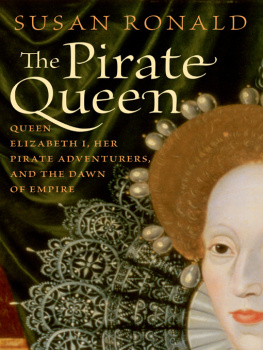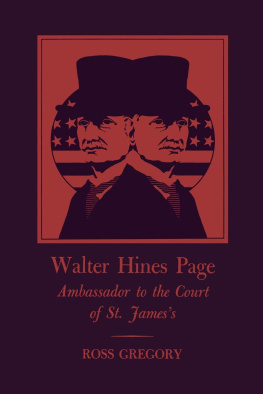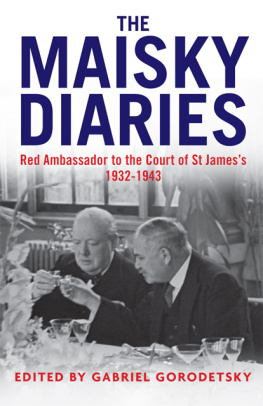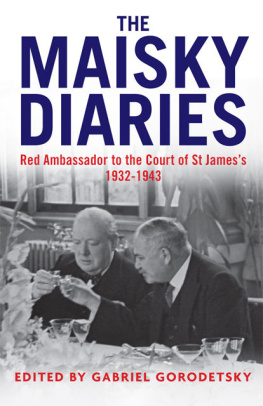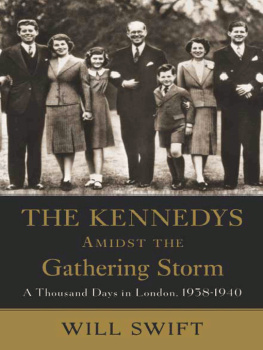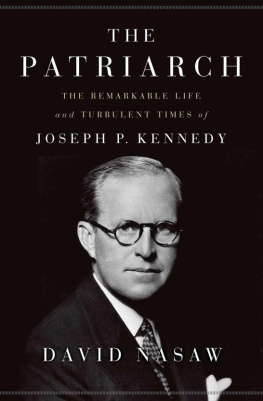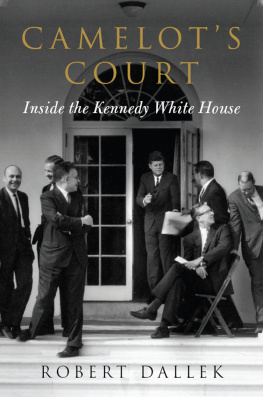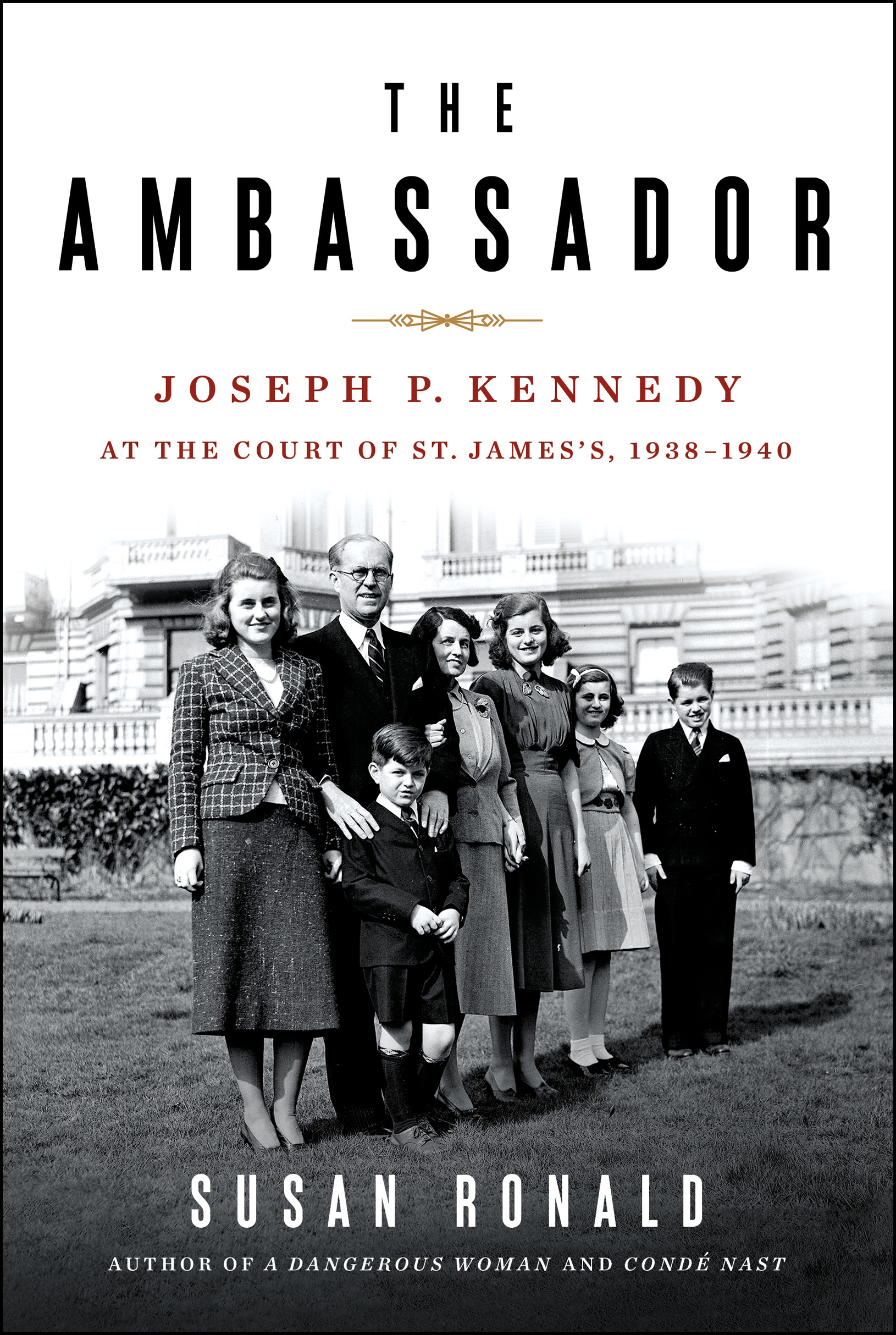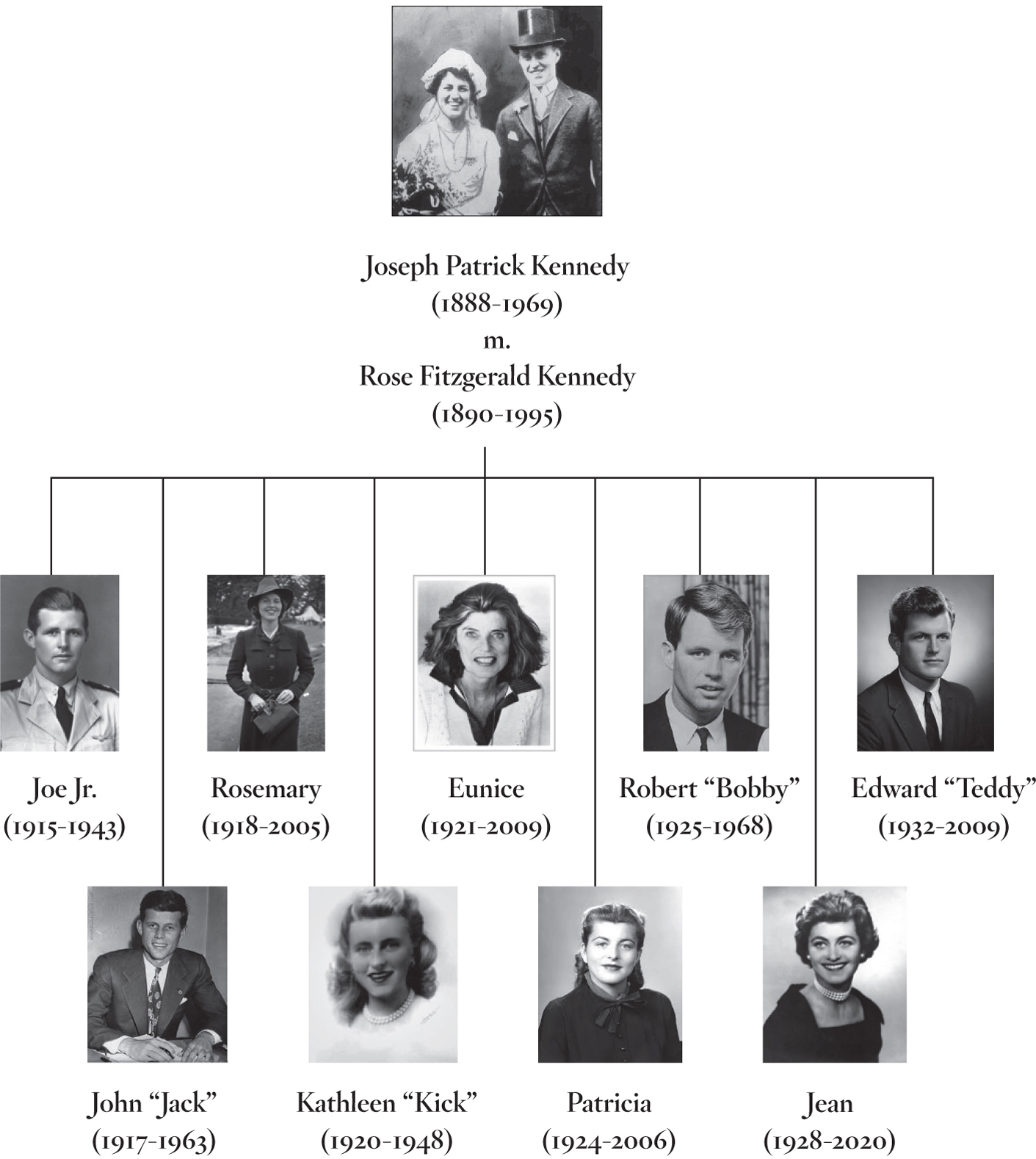Susan Ronald - The Ambassador: Joseph P. Kennedy at the Court of St. Jamess 1938-1940
Here you can read online Susan Ronald - The Ambassador: Joseph P. Kennedy at the Court of St. Jamess 1938-1940 full text of the book (entire story) in english for free. Download pdf and epub, get meaning, cover and reviews about this ebook. year: 2021, publisher: St. Martins Publishing Group, genre: Detective and thriller. Description of the work, (preface) as well as reviews are available. Best literature library LitArk.com created for fans of good reading and offers a wide selection of genres:
Romance novel
Science fiction
Adventure
Detective
Science
History
Home and family
Prose
Art
Politics
Computer
Non-fiction
Religion
Business
Children
Humor
Choose a favorite category and find really read worthwhile books. Enjoy immersion in the world of imagination, feel the emotions of the characters or learn something new for yourself, make an fascinating discovery.

- Book:The Ambassador: Joseph P. Kennedy at the Court of St. Jamess 1938-1940
- Author:
- Publisher:St. Martins Publishing Group
- Genre:
- Year:2021
- Rating:3 / 5
- Favourites:Add to favourites
- Your mark:
The Ambassador: Joseph P. Kennedy at the Court of St. Jamess 1938-1940: summary, description and annotation
We offer to read an annotation, description, summary or preface (depends on what the author of the book "The Ambassador: Joseph P. Kennedy at the Court of St. Jamess 1938-1940" wrote himself). If you haven't found the necessary information about the book — write in the comments, we will try to find it.
Acclaimed biographer Susan Ronald reveals the truth about Joseph P. Kennedys deeply controversial tenure as Ambassador to Great Britain on the eve of World War II.
On February 18, 1938, Joseph P. Kennedy was sworn in as US Ambassador to the Court of St. James. To say his appointment to the most prestigious and strategic diplomatic post in the world shocked the Establishment was an understatement: known for his profound Irish roots and staunch Catholicism, not to mention his plain-spoken opinions and womanizing, he was a curious choice as Europe hurtled toward war.
Initially welcomed by the British, in less than two short years Kennedy was loathed by the White House, the State Department and the British Government. Believing firmly that Fascism was the inevitable wave of the future, he consistently misrepresented official US foreign policy internationally as well as direct instructions from FDR himself. The Americans were the first to disown him and the British and the Nazis used Kennedy to their own ends.
Through meticulous research and many newly available sources, Ronald confirms in impressive detail what has long been believed by many: that Kennedy was a Fascist sympathizer and an anti-Semite whose only loyalty was to his familys advancement. She also reveals the ambitions of the Kennedy dynasty during this period abroad, as they sought to enter the world of high society London and establish themselves as Americas first family. Thorough and utterly readable, The Ambassador explores a darker side of the Kennedy patriarch in an account sure to generate attention and controversy.
Susan Ronald: author's other books
Who wrote The Ambassador: Joseph P. Kennedy at the Court of St. Jamess 1938-1940? Find out the surname, the name of the author of the book and a list of all author's works by series.

